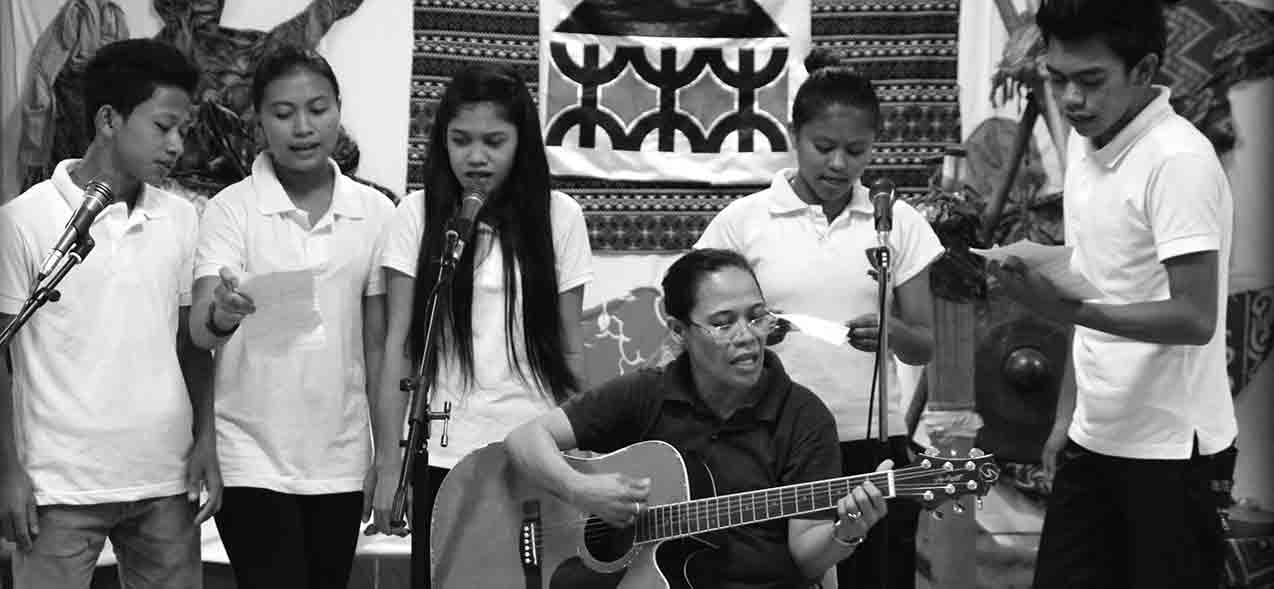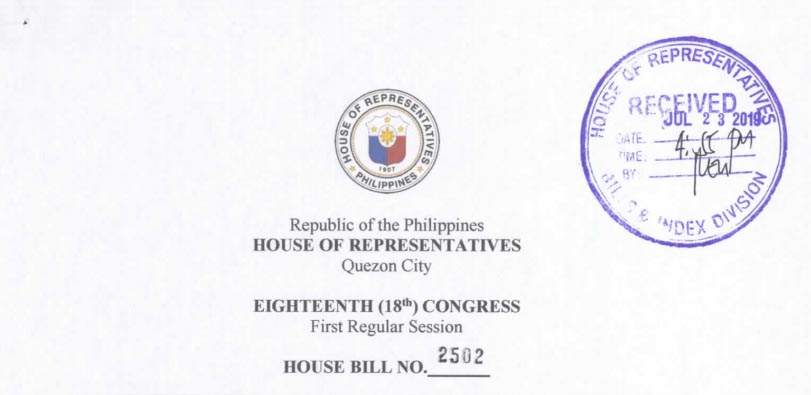A bill that seeks to prevent torture in places of detention and respect the right of persons deprived of liberty has been filed at the House of Representative last July 23, 2019.
House Bill (HB) 2502 or the National Preventive Mechanism (NPM) Bill aims to establish the National Committee for the Prevention of Torture (NCPT) which gives powers to independent experts to, among others, conduct preventive monitoring visits in all government-managed places of detention. This includes jails and prisons, police lock-up cells, immigration detention cells, facilities for juvenile offenders, and psychiatric facilities where patients are also being held.
Authored by Rep. Christopher Belmonte, the legislative proposal also calls for the establishment of an independent national mechanism that would monitor and prevent any acts of torture and other cruel, inhumane and degrading treatment or punishment in line with international standards.
The bill provides for, among others, the following powers to the NPM:
- Authority to conduct regular and unannounced visits to places of detention
- Have liberty to choose the places they want to visit and the persons they want to interview
- Authority to have contacts with the Subcommittee on the Prevention of Torture in the United Nations and share relevant information to address conditions that may allow torture from taking place.
- Issue recommendations and conduct dialogues with duty-bearers in order to promote the humane treatment of persons deprived of liberty.
If enacted into law, the bill would fulfil the treaty obligation of the Philippines when it acceded to the Optional Protocol to the Convention Against Torture (CAT) in 2012, As a State Party to the OPCAT, the Philippines is duty-bound to establish an independent NPM since 2013, a year after it ratified the optional protocol. However, that human rights obligation has remained unfulfilled despite efforts of its legislative proponents to get an NPM law passed.
Torture and other cruel, inhumane and degrading treatment or punishment remain prevalent in the Philippines. Balay Rehabilitation Center has recorded a number of torture testimonies during arrests and in police lock up cells. Amnesty International in the Philippines have also recorded 55 testimonies from torture survivors under police custody in its 2014 report. However, human rights groups and advocates in the country have observed that since the enactment of Anti-Torture Law in 2009, only one perpetrator has been convicted.
Recently, the Commission on Human Rights initiated a formation of the mechanism composed of experts as preparation for the eventual establishment of a national preventive body in the Philippines. The initiative was supported by Balay Rehabilitation Center and Danish Institute Against Torture (DIGNITY). Advocates and experts hope that despite the challenging situation and pervasive culture of impunity, the Philippines would finally comply with its obligation to establish an independent NPM.
























